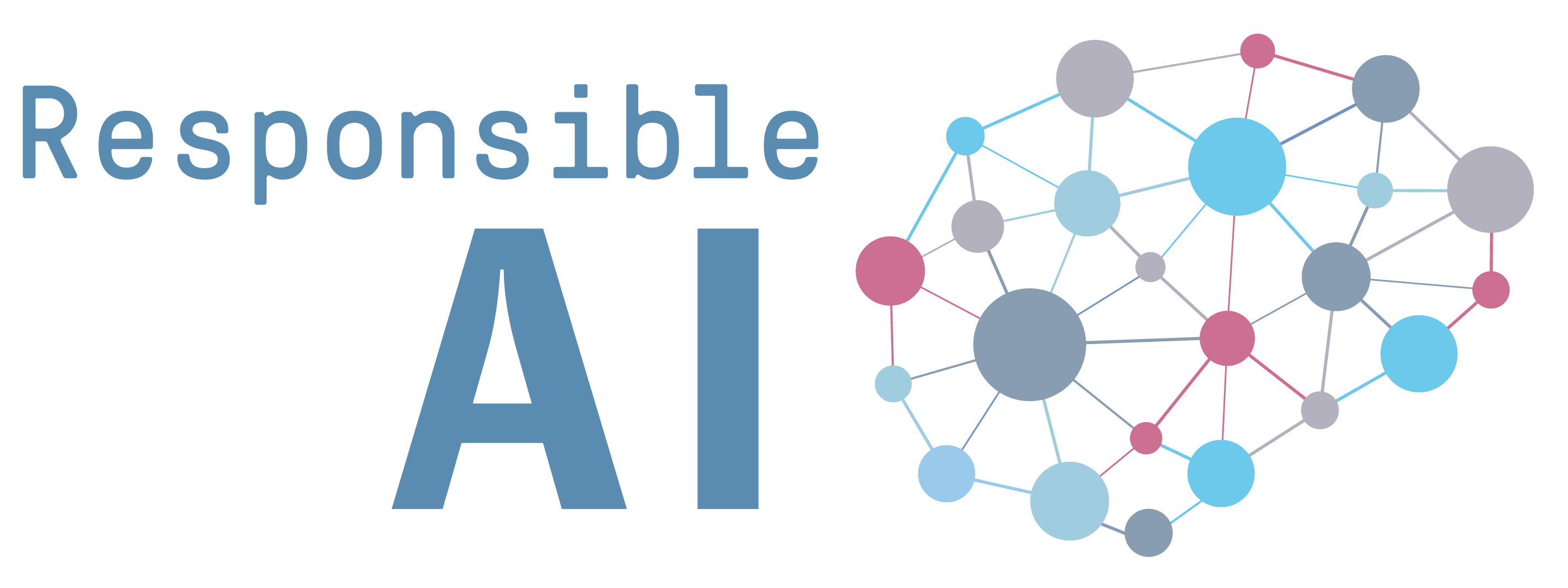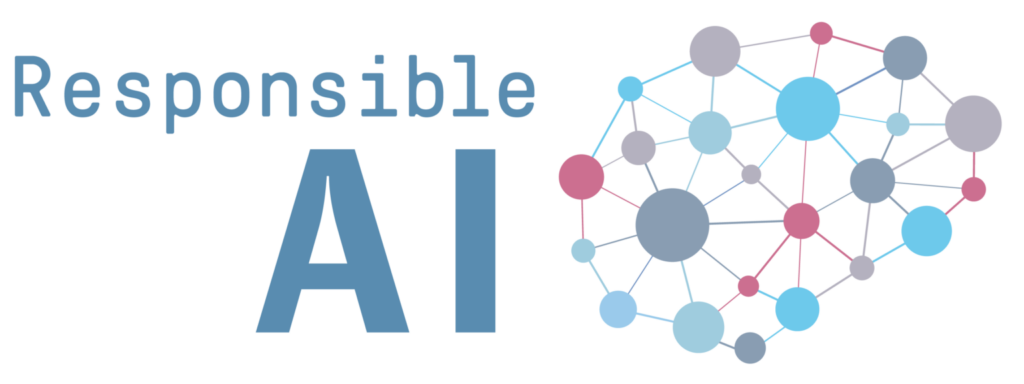An Interdisciplinary Research Symposium – 25/26 June 2020
Program:
Thursday, June 25th 2020:
8.30 am – 9.00 am Welcome
Saltus Group Responsible AI – Wolfram Burgard, Philipp Kellmeyer, Oliver Müller, Silja Vöneky (University of Freiburg & FRIAS)
Bernd Kortmann (FRIAS)
Frederik Wenz (University Medical Center Freiburg)
9.00 am – 10.45 am Scientific Challenges for AI
Chair: Wolfram Burgard (University of Freiburg, FRIAS & ELLIS)
Krishna Gummadi (Max Planck Institute for Software Systems): Foundations for Fair Algorithmic Decision Making
Bernhard Nebel (University of Freiburg): Moral Principles and Algorithms
Tonio Ball (University of Freiburg): AI for Medicine and Healthcare
Iyad Rahwan (Max Planck Institute for Human Development): How to make sure machines behave themselves?
10.00 am – 10.45 am Discussion
11.00 am – 12.15 pm AI Legal Framework – A Private Law Dialogue
Chair: Silja Vöneky (University of Freiburg & FRIAS)
Christiane Wendehorst (University of Vienna): Liability for AI and other Algorithmic Systems
Jan von Hein (University of Freiburg): Liability for Artificial Intelligence in Private International Law
11.40 am – 12.15 pm Discussion
1.15 pm – 2.15 pm AI, Corporations and the Law
Chair: Joseph Straus (Max-Planck-Institute for Innovation and Competition)
Stefan Thomas (University of Tübingen): Autonomization and Antitrust
Jan Lieder (University of Freiburg): From Corporate Governance to Algorithm Governance: AI as a Challenge for Corporations and Their Executives
1.45 pm – 2.15 pm: Discussion
2.30 pm – 4.15 pm New Approaches to Frame and Regulate AI: An European – American – Asian Dialogue
Chair: Jan von Hein (University of Freiburg)
Jens-Peter Schneider (University of Freiburg): A European Approach to regulating AI – the EU Commission White Paper of February 2020
Weixing Shen (University of Tsinghua): The Dual System of Responsible AI in Law and Ethics
Mathias Risse (Harvard School of Government): A Work In Progress: Regulation of Artificial Intelligence in the United States as of June 2020, as seen through a human rights lens
Mark Coeckelbergh (University of Vienna): Some challenges for Global Governance of AI
3.30 pm – 4.15 pm Discussion
4.30 pm – 6.00 pm Panel: Pressing Topics of Responsible AI
Moderator: Eva Wolfangel (currently MIT)
Format: Introduction, 5 min Talks by Panelists, moderated Discussion
Panelists:
Haksoo Ko (University of Seoul): Covid-19, Contact Tracing, and Data Governance – a South Korean View
Volker Stollorz (Science Media Center Germany): AI and the Quest for Augmented Science Journalism
Anna Christmann (Member of the German Parliament): What kind of AI do we need for a Good Living and a Healthy Planet?
Hannah Bast (University of Freiburg): Artificial Intelligence, what is hype and what is real?
6.30 pm – 7.00 pm How to Frame AI Driven Risks – Part I
Moderator: Eva Wolfangel (currently MIT)
Interview with Jaan Tallinn (Centre for the Study of Existential Risk): The Ultimate Risks from Advanced AI
Friday, June 26th 2020:
9.05 am – 9.15 am Opening Remarks by Rektor Hans-Jochen Schiewer (University of Freiburg)
9.15 am – 10.45 am Pressing Problems of AI Applications and Digitalisation – New Ethics and New Law?
Chair: Oliver Müller (University of Freiburg & FRIAS)
Ralf Poscher (Max Planck Institute for the Study of Crime, Security and Law): Artificial Intelligence and the Right to Data Protection
Christoph Durt (University of Vienna): How to better understand AI (in order to assess it)
Tatjana Hörnle (Max Planck Institute for the Study of Crime, Security and Law): Programming self-driving Cars for moral Dilemmas
10.15 am –10.45 am Discussion
11.15 am – 12.45 pm (How) Should We Limit the Use and Development of Autonomous Weapons?
Chair: Oliver Müller (University of Freiburg & FRIAS)
Toby Walsh (University of New South Wales Sydney): Autonomous Weapons: A Scientist’s View
Markus Wagner (University of Wollongong): Autonomous Weapon Systems: Where Have We Come From, Possible Future Pathways
Alex Leveringhaus (University of Surrey): Ethical Issues in the Autonomous Weapons Debate
12.00 pm – 12.45 pm Discussion
1.30 pm – 2.30 pm AI induced Security Challenges
Chair: Silja Vöneky (University of Freiburg & FRIAS)
Ebrahim Afsah (University of Vienna): AI and National Security Law
Dustin Lewis (Harvard Law School): International Legal Responsibility concerning AI in Armed Conflict: A Framework aimed at Discerning General Concepts and Specific Attributes
2.00 pm – 2.30 pm Discussion
3:00 pm – 4.45 pm Panel: AI-based Neurotechnology: Brain Data, Mental Privacy and Neurorights
Chair: Philipp Kellmeyer (University Medical Center Freiburg & FRIAS)
Format: Introduction, 5 min inputs by panelists, moderated discussion
Panelists:
Rafael Yuste (Columbia University): The NeuroRights Initiative: Human Rights Guidelines for Neurotechnology and AI
Karen Herrera-Ferrá (Mexican Association of Neuroethics, Mexico City): Sociocultural Perspectives on Neurorights Marcello Ienca (ETH Zurich): Brain Data and Consumer Neurotechnology
Ricardo Chavarriaga (CLAIRE Initiative and ZHAW Zurich): Governance of AI and Neurotechnologies
Thomas Metzinger (University of Mainz): Three Types of Arguments for a Global Moratorium on Synthetic Phenomenology
5.00 pm – 6.00 pm AI Governance – Current Challenges
Chair: Philipp Kellmeyer (University Medical Center Freiburg & FRIAS)
Antje von Ungern-Sternberg (Trier University): Discrimination by Algorithm – Does Data Protection provide any answers?
Fruzsina Molnar-Gabor (Heidelberg Academy of Sciences and Humanities): Issues around AI in Medicine
5.30 pm – 6.00 pm Discussion
6.00 pm – 6.15 pm (pre-recorded):
Boris Paal (University of Freiburg): AI as a Challenge for Data Protection – Data protection as a Challenge for AI
6.30 pm – 7.30 pm How to Frame AI Driven Risks – Part II
Chair: Eva Wolfangel (currently MIT)
Johanna Thoma (London School of Economics and Political Science): Risk Imposition by Artificial Agents: The Moral Proxy Problem
Kate Vredenburgh (Stanford University): Against Rationale Explanations
7.00 pm – 7.30 pm Discussion
7.30 pm Closing Remarks
Saltus Group Responsible AI – Wolfram Burgard, Philipp Kellmeyer, Oliver Müller, Silja Vöneky

